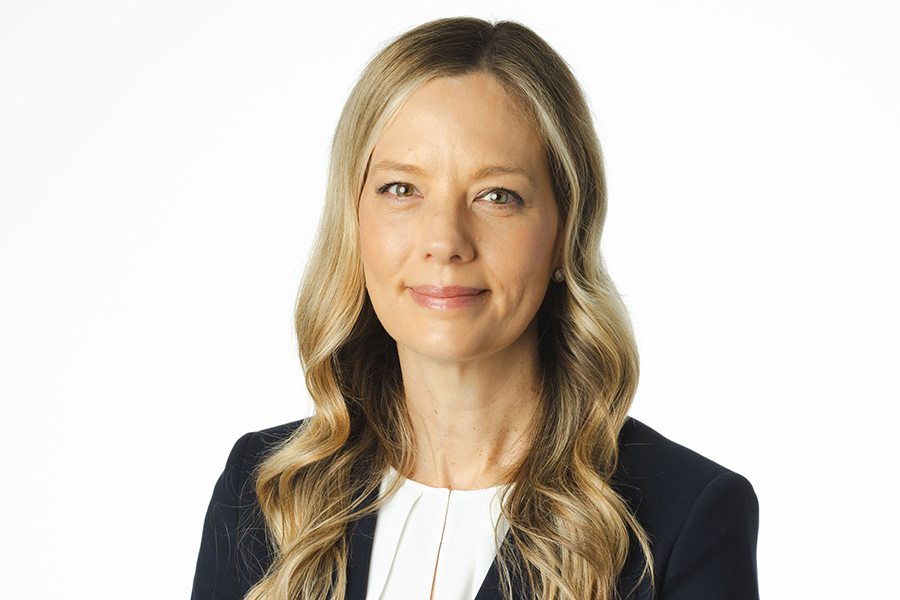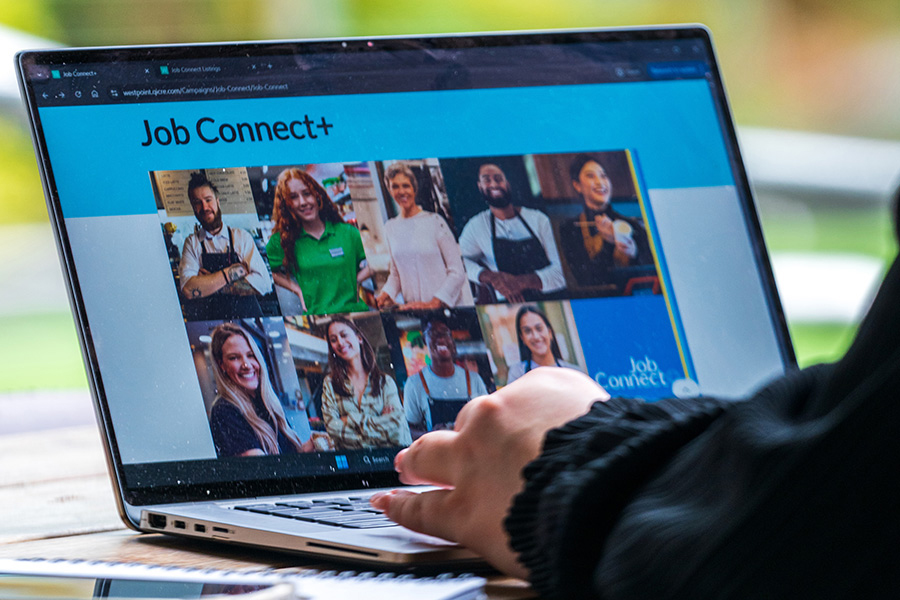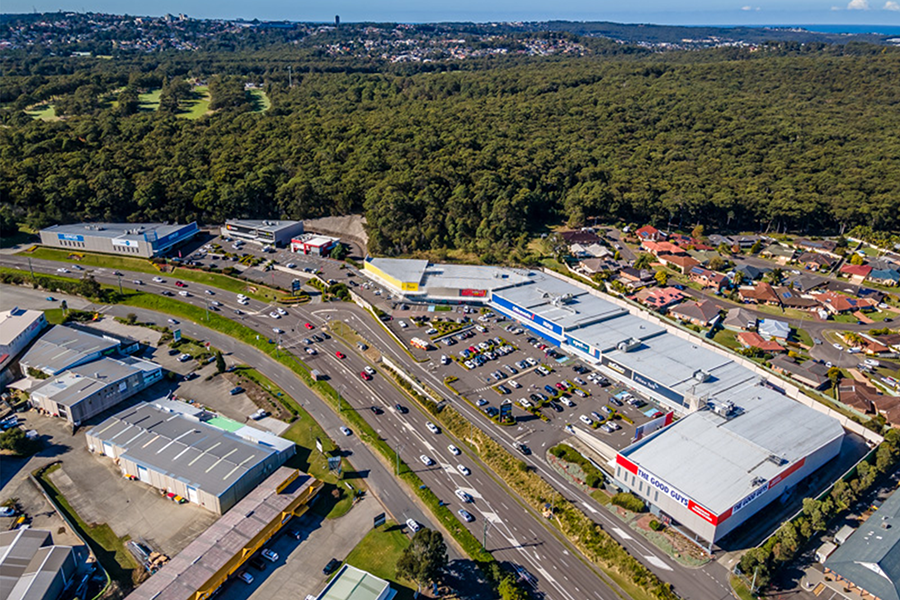No cash for buskers?
Alipay has a digital solution for you. Alipay, the world’s leading online and mobile payment platform operated by Ant Financial Services Group has today launched a digital payment project to help Melbourne’s buskers make the transition to an increasingly cashless society.
The technology will be piloted by between 15 and 20 buskers who will receive a Quest or SuperPay portable payment device that lets passers-by show their appreciation without having to fumble around for loose-change. Only buskers licensed through Melbourne Council are eligible for the program.
To reward buskers, locals will be able to tap their cards and provide a set payment of two or five dollars, or if they wish, a larger sum.
They will also be able to purchase busker merchandise, such as CDs. In a world-first, Chinese visitors will have the same option via Alipay, a smartphone payment method used by more than 870 million users, including the majority of the 1.5 million Chinese people visiting Australia each year.
The pilot will run for four to six weeks, with the data performance and learnings to be used for a state-wide launch in the coming months. If successful in Victoria, Alipay intends to work with buskers across the entire nation.
George Lawson, Alipay Country Manager for Australia and New Zealand, said the program would be a shot in the arm for buskers who have found it increasingly hard to support themselves with fewer people carrying cash.
“Buskers are part of the social and cultural fabric of Melbourne and Alipay saw an opportunity to use our technology to help visitors show their appreciation. The program is a win-win; the 600,000 Chinese visitors arriving in Melbourne every year get greater access to the city’s culture, while buskers grow their audience and have a more practical way to accept funds,” Lawson said.
During the pilot phase, Alipay will use notifications and content within the app to promote buskers and educate visitors on their location and playing times, helping draw larger crowds.
- Simple tap to receive payments
- Short of cash, Alipay lets you make a fast payment to the busker
- Alipay, the largest payment system for Chinese
Luke Fuller, Head of SME & Alternative Payments, Quest, who is enabling the ‘tap-n-go’ card functionality for locals in partnership with Alipay, said the concept is one of many solutions his company has launched to help in the transition away from cash.
“While many businesses are thriving with the shift to digital payments, there are pockets of society that have been left behind and the busking community is one of them. This program is about levelling the playing field for buskers and giving them every opportunity to continue doing what they love, entertaining,” Fuller said.
Loic Liao, Project Lead at SuperPay, who specialise in QR code payments, said many local businesses are now capitalising on the lucrative Chinese visitor audience, and buskers should be afforded the same opportunity.
“The simple act of having a QR code in a shop, or in this instance, on a public stage, shows Chinese visitors that you are welcoming and respectful. By using Alipay to accept payment, it gives Chinese people the confidence to spend and removes anxiety about a foreign currency,” Liao said.
In 2016, the average Chinese person who holidayed in Australia spent $4,300, leading to an overall injection of AUD$9.8 billion into the economy.
Chair of the City of Melbourne’s International Engagement portfolio, Councillor Philip Le Liu, said Melbourne welcomes innovative ideas to help support the city’s visitor economy. “The City of Melbourne works hard to engage with the international community to help promote Melbourne as a destination of choice for tourists, businesses and innovators,” Cr Le Liu said.
“With nearly 2,000 buskers on our city streets, it’s important we continue to support our busking culture and encourage new ways to help them engage with Melbourne’s international and interstate visitors,” he continued.























